Sabani
The tribes of Sabán
Overview
Numerous independent tribes in the eastern Karoa region share the loose identity of "Sabani". While each tribe has its own, unique identity, and the Sabani people at large also have a kindred relationship with the Mosori people to the west, the Sabani are unified by language, religion, mythology, trades, and shared cultural values. The land these tribes occupy is called Sabán. The Sabani people are most famous for their construction prowess and beautiful stone sculptures.Attitudes toward the Mosori
The Sabani see their neighbors, the Mosori, as unnecessarily rigid when it comes how they express and understand gender. (See the "Gender Ideals" section below.) Overall, they tend to look down on the Mosori, and see their strict adherence to tradition and their resistance to change as rather quaint. The Mosori's unyielding conservatism and disdain for grandiose art makes little sense to Sabani. A stereotype the Sabani have of their neighbors is the super-serious Mosori person who never smiles, never understands a joke, and never has any fun. However, there is still a net-positive relationship between the two cultures on account of their trading system, so they keep most of their disagreements to themselves. Mosori and Sabani are both more likely to fight within themselves, from tribe to tribe, than they are to come into conflict with each other.Naming Traditions
Family names
Sabani are known for their long names, which include a "true" name, plus an indication of their tribe and clan. Given that tribe and clan names alone tend to be longer than those in Mosori culture, a Sabani name can quickly accumulate quite a lot of syllables.
Forenames
The Sabani approach to forenames is very similar to that of the Mosori culture, with a few key differences. Like the Mosori, the Sabani assign a temporary "birth name" thirty days after a child's birth, and a "true name" five to seven years later. The true name is assigned during a public ceremony that officially welcomes the child into the tribe, and into one of five recognized gender classes. Also, Sabani refer to each other by forenames with about the same regularity that Mosori do. Unlike the Mosori, the Sabani are more relaxed in their interpretation of names. They do not apply a spiritual significance to names, and they are not as rigid with gender roles and expectations (see the "Gender Ideals" section below). Thus, a given name is unlikely to change, and in the rare event that someone does change their name, a secondary, spiritual ceremony is unnecessary.Culture
Major language groups and dialects
The Sabani people all speak slight variations of the Karoi language.
Shared customary codes and values
Important values:
- Innovation
- Respect
- Kindness
- Interdependence
- Connection*
Ideals
Gender Ideals
The Sabani people recognize the same main four genders as the Mosori people do (with the exception of the isadi gender).
However, they do not have the same strict gender roles, expectations, and expressions. While Mosori endeavor to know someone's gender and pronouns shortly after meeting them — and have a complex system of gender expression that makes a person's gender as initially obvious as possible — the Sabani are far more relaxed and fluid in this regard. While each gender has its own associations and norms in Sabani culture, it is not surprising or frowned upon if an individual diverts from common behaviors, appearances, and roles of that gender.
Because of this, the Sabani are not much concerned with determining someone's gender at first meeting, and rely much more heavily on gender-neutral pronouns than the Mosori do. In fact, it is improper to use anything besides gender-neutral pronouns until you have sufficient familiarity with a person. To use a person's gendered pronouns is to declare a level of closeness with them, as it is most likely that they had to give them to you.
At a glance:
- Social structure: Tribal
- Dominant food flavors: Sweet and salty
- Dominant art forms: Stonework, statues, pottery
- Music style: Fast-playing woodwinds, strings
- Common colors: Brown, white, blue, yellow
- Famous for: Magnificent statues, innovative cities
Parent ethnicities
Related Locations
Remove these ads. Join the Worldbuilders Guild

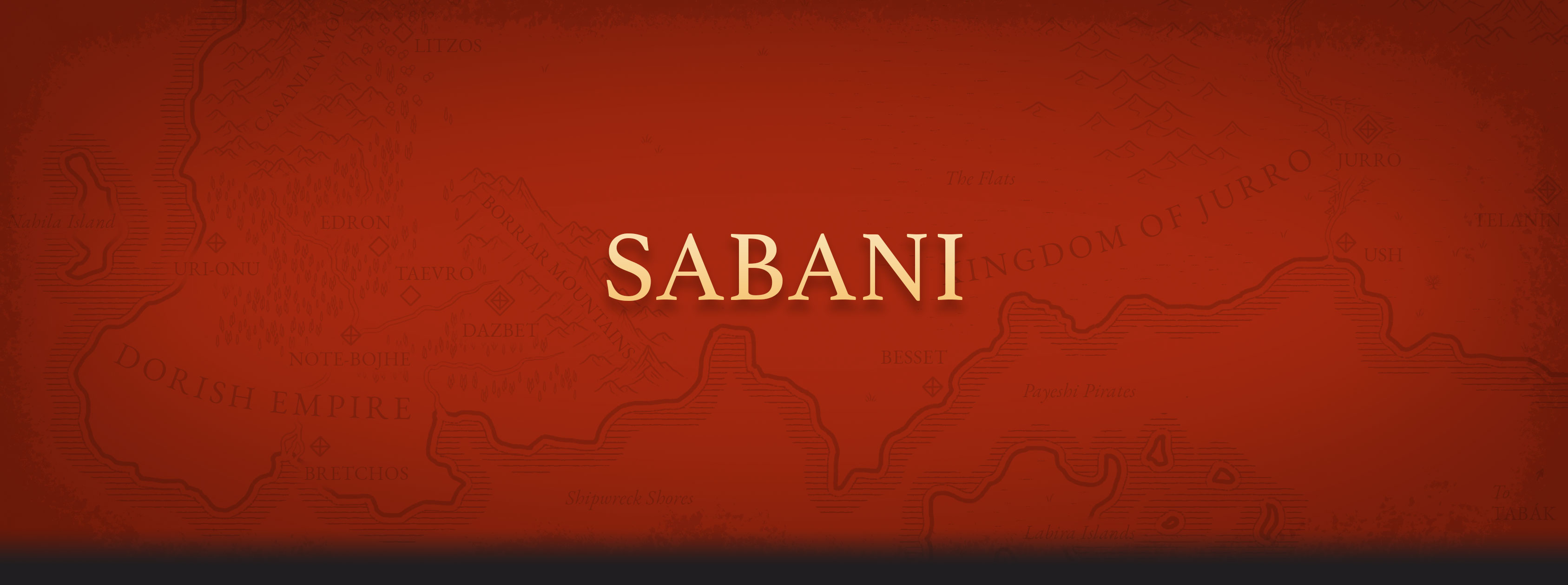
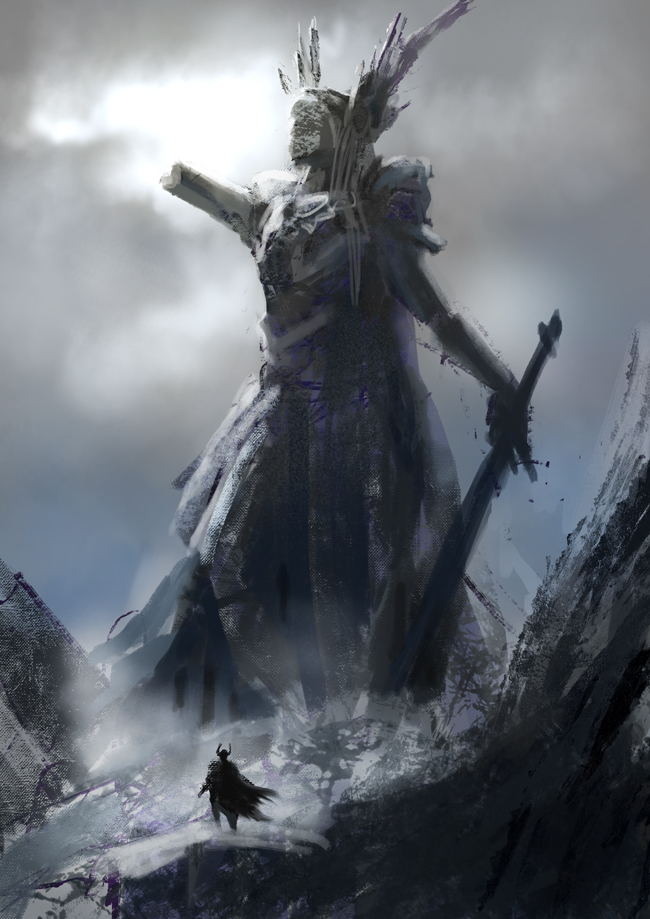

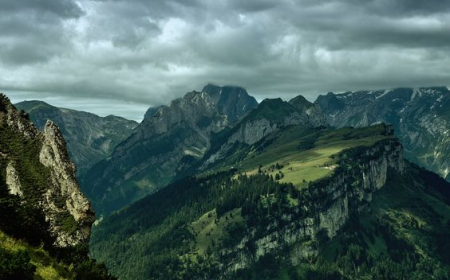
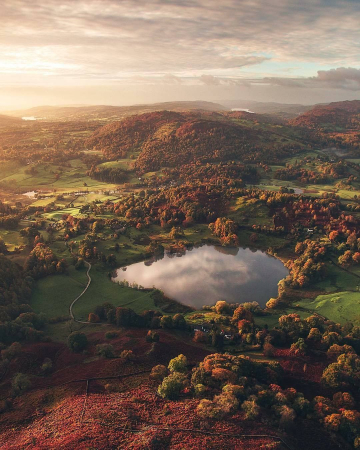
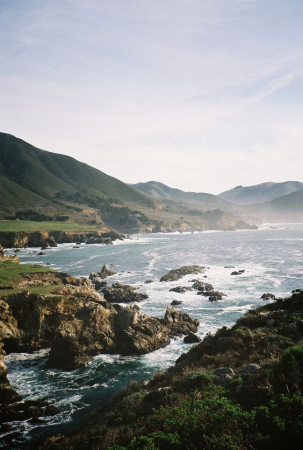







Comments